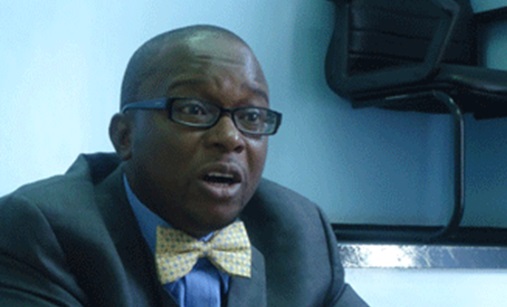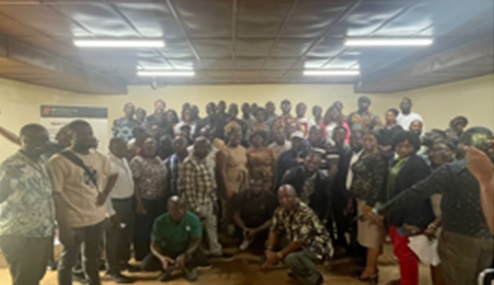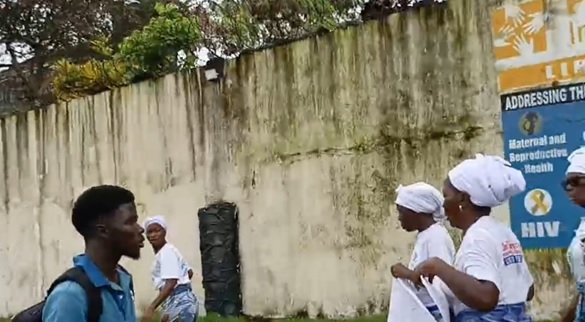LIBERIA – In a recent statement, John Morlu, former fundraiser for President Joseph Boakai, has voiced strong criticism of the Liberia Anti-Corruption Commission’s (LACC) focus on a senior member of the opposition Coalition for Democratic Change (CDC), Nathaniel McGill. Morlu argues that the emphasis on supplemental payrolls is misplaced and detracts from addressing more significant issues of governance and corruption in Liberia.
“While it’s true that every ministry since 2000 has had a supplemental payroll, singling out McGill for this issue seems trivial,” Morlu stated. He emphasized that unless there is concrete evidence proving that individuals did not receive their rightful payments, pursuing this matter is a waste of time and resources.
Morlu highlighted that multiple ministries, including Education, Internal Affairs, State, and Health, have maintained supplemental payrolls for years, with the Ministry of Finance having issued four different versions. He acknowledged that while circumventing civil service procedures reflects poor governance, it does not necessarily equate to corruption.
He further pointed out that USAID had financed supplemental payrolls for both the Ministries of Health and Education, suggesting that if the LACC is intent on targeting McGill, they should instead focus on more substantial issues. “The General Auditing Commission (GAC) has already audited supplemental payrolls and advised against them due to the lack of support from Personnel Action Notices,” he explained.
Morlu criticized the LACC for what he perceives as a misallocation of resources, stating, “If they genuinely believe McGill’s wealth originated from supplemental payrolls, then their fight against corruption is both misguided and a joke.” He urged the Boakai administration to investigate more serious financial matters, such as the $55 million transfer to the National Security Agency (NSA) and the auditing of Executive Protection.
He concluded with a stark warning: “This issue will only serve to elevate McGill into a hero in the eyes of the public. Watch!” Morlu’s remarks underscore the ongoing complexities surrounding governance and corruption in Liberia as the country navigates its turbulent political landscape.







